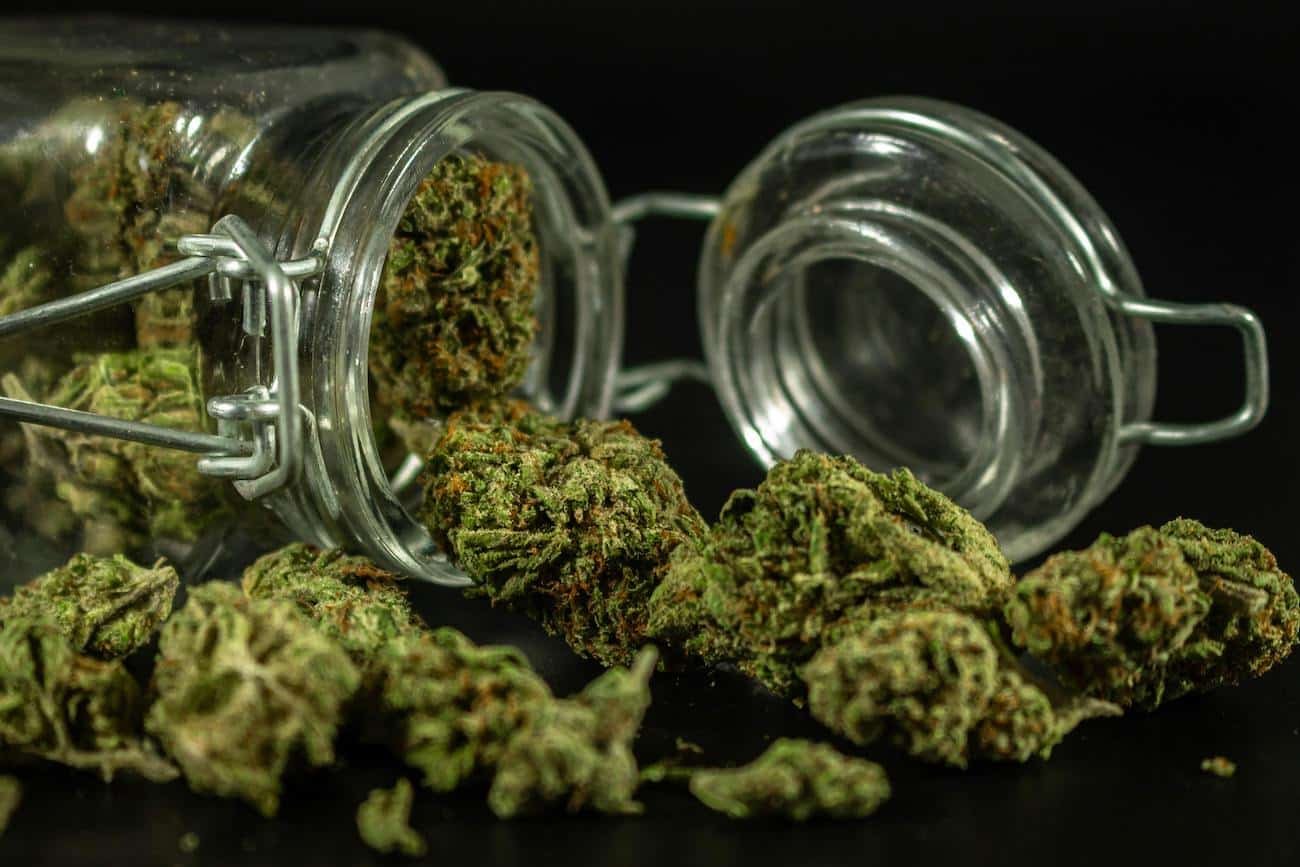HARRISBURG, Pa. — The Pennsylvania state Senate recently rejected a proposal to legalize recreational cannabis, highlighting a growing concern over the role of large corporations in the emerging market. This decision reflects ongoing disagreements among lawmakers about how to structure cannabis sales in a way that balances the interests of both established medical dispensaries and new small businesses.
In June, the Senate panel voted against a Democratic plan that proposed selling cannabis through state-run stores, akin to Pennsylvania’s liquor stores. The panel’s rejection came amid fears that such a move would favor larger companies while sidelining existing medical dispensaries.
Since that vote, there has been little progress on legalization efforts, and a resolution before the budget deadline on June 30 appears unlikely. The main sticking point is how much advantage existing cannabis companies should receive in what could become a multibillion-dollar market.
Currently, major cannabis companies are investing heavily to influence legislative outcomes. Reports indicate that, in 2024 alone, these companies have spent at least $1.6 million on lobbying efforts in Pennsylvania. Some proposals under consideration would allow medical cannabis sellers to transition to recreational sales. This could provide them with a significant early advantage, as they would be able to capture market share before stricter regulations take effect.
For example, when Maryland legalized recreational cannabis earlier this year, existing medical dispensaries were allowed to sell to recreational customers almost immediately. This led to significant sales, exceeding $1.1 billion, while new market entrants had to wait for licensing approvals.
Chris Goldstein, an advocate for cannabis reform in Pennsylvania, expressed concerns about the influence of large companies, noting that they often have the resources to challenge regulations through litigation. He argues that this can hinder the establishment of a competitive market that benefits smaller businesses. Goldstein supports limiting the participation of existing medical dispensaries in the recreational market, but acknowledges that such a proposal is unlikely to gain traction in the current legislative environment.
Kristal Bush, a former employee of the large cannabis company Trulieve and now a cannabis advocate, believes the state should delay recreational sales to give small businesses time to prepare. She argues that rushing legalization without adequate support for small businesses will only benefit legacy operators, who are already established in the market. Bush advocates for proactive support measures for small businesses, including training and workforce development, before legalization occurs.
All current legalization proposals include social equity measures aimed at aiding communities affected by past drug policies. These measures include directing tax revenue to grant programs and expunging records for individuals with nonviolent marijuana-related convictions. Damian Fagon, a cannabis equity expert, suggests that lawmakers could require dispensaries to source a portion of their products from local growers or social equity applicants to promote fairness in the market.
While some lobbyists argue that excluding medical dispensaries from the recreational market could harm consumers and lead to a rise in unlicensed sellers, others express skepticism about allowing established businesses to dominate without strict guidelines. The Pennsylvania Cannabis Coalition, representing medical cannabis companies, warns that barring these dispensaries from recreational sales could create a vacuum for illegal operations, as seen in New York.
As state lawmakers continue to discuss legalization strategies, they face the challenge of reconciling various interests while ensuring a fair and competitive market. With no formal bill language introduced yet, the timeline for reaching an agreement remains uncertain. State Rep. Rick Krajewski, a proponent of the state store model, expressed doubt about achieving a legislative agreement soon unless the Senate makes significant progress.
The outcome will determine not only the structure of Pennsylvania’s cannabis market but also the future of small businesses and the communities affected by previous drug laws. Stakeholders are watching closely as the state navigates this critical juncture in cannabis policy.


